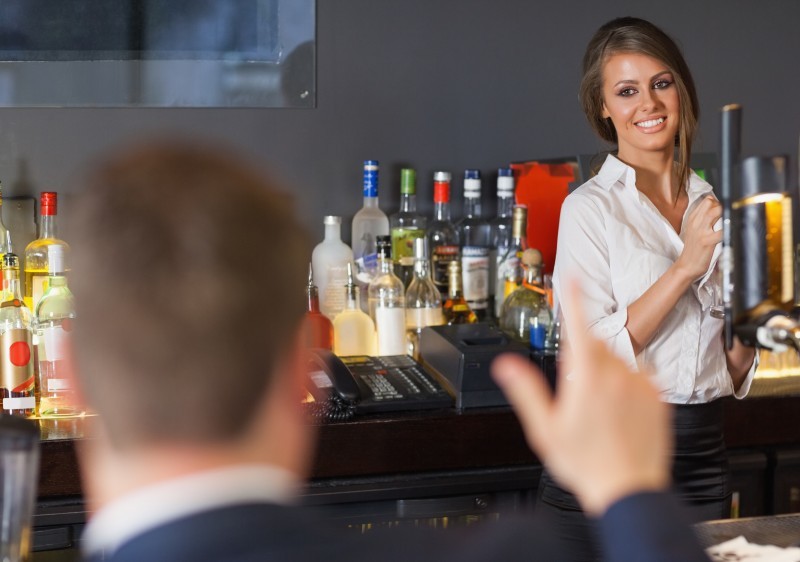If you are a bartender or want to be a mixologist and have begun thinking, you are in luck because this is a good time for the food and beverage industry of Texas. The restaurant business in Texas is currently producing billions of dollars’ worth or revenue. Food experts have labeled it a “hot market.” Statics indicate that there are growing opportunities within the restaurant industry. If you are thinking of becoming a restaurant or bar in Texas that serves alcohol, now is the time to do so. Here are some things that will help as You begin the process of obtaining your liquor license and TABC certification.
Does a liquor permit matter in Texas?
The Texas Alcoholic Beverage Commission (TABC) says that a license provides a way to measure credibility of those who sell and serve alcohol. In order to obtain a license, those you sell and serve alcoholic beverages bust complete a comprehensive training program. This program teaches them the liquor laws, the consequences of selling anyone underage, intoxicated, or that is not a private club member alcoholic beverages regardless of whether they drink it or sell it. The permit also reduces costs and fines associated with insurance held by business owners.
There are two types of permits in Texas: the liquor license and the beer license. Most everyone knows that restaurants and clubs must have a permit in order to sale, or for people to consume, alcohol. However, it’s not just restaurants and clubs that must have these permits; aircrafts, convenience stores, passenger trains, and package stores must have a license in order to legally sale alcohol as well. Even if you are organizing a fundraiser or temporary event, you must be licensed to serve alcohol. It goes as far as; you can’t legally promote new liquor products for manufacturers unless you have a permit.
If the business operations in any way involve selling or serving alcoholic products, it must have license that is specific to the type of business being run, and the employees must be certified by the TABC.
Laws pertaining to Texas liquor.
The Texas laws can be confusing because they are wide-range. In simple terms, the legal BAC of .08 must be observed by locals, and the legal age for consumption is 21. You can sell or serve alcohol at the age of 18. Some counties in Texas are wet, others are dry, and some are a combination of the two. There are laws particularly applying to these counties involving consuming or selling alcohol. There are laws applying to transporting open containers, surrounding the consumption of alcohol both on and off premises, and addressing bringing your own alcoholic beverage to an event or establishment.
Penalties for Breaking the Law
There are penalties and corrective actions in place imposed by the Commission for those who refuse to comply with these laws. The severity of the consequences depends on how bad the offense is or how many times you have committed the offense. Selling liquor to someone underage, for example, could be facing both expensive and embarrassing consequences. The TABC lists up to a year in jail and a fine up to $4,000 as possible consequences for selling to a minor.
Employers are not held liable if they require their workers to complete alcohol seller/server training programs approved by the state, and have not had any part (direct or indirect) in the violation that occurred. This is stated in the Texas Alcoholic Beverage Code.
Texas is serious about the alcohol laws they have in place. If you want to steer clear of any type of violation, take these laws to heart and treat them seriously as you begin your alcohol training. If you do ever have any problems with your permits, or are facing unfair/unjust consequences, you may need to consult with a liquor license lawyer. A knowledgeable and experienced TABC attorney will be able to look through the Texas Alcoholic Beverages Code and evaluate the charges brought against you and determine the best way to fight your case. Their experience and knowledge of the liquor laws and handling similar situation will be invaluable during your case.
How to Get Your License?
Depending on your availability, there are numerous options available for you to obtain your license. You can take this classes in a traditional classroom like setting if your schedule allows. However, if your work schedule doesn’t allow you to do this and you are self-motivated, then you may want to make use of the online training option in order to complete the class requirements.






